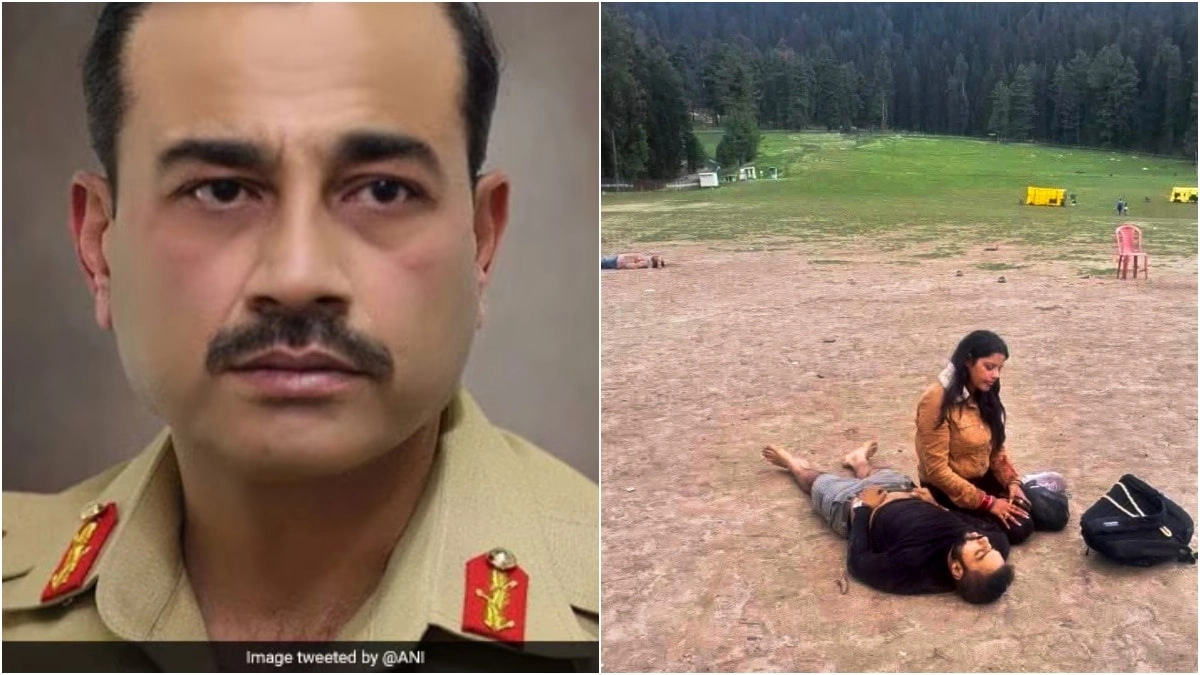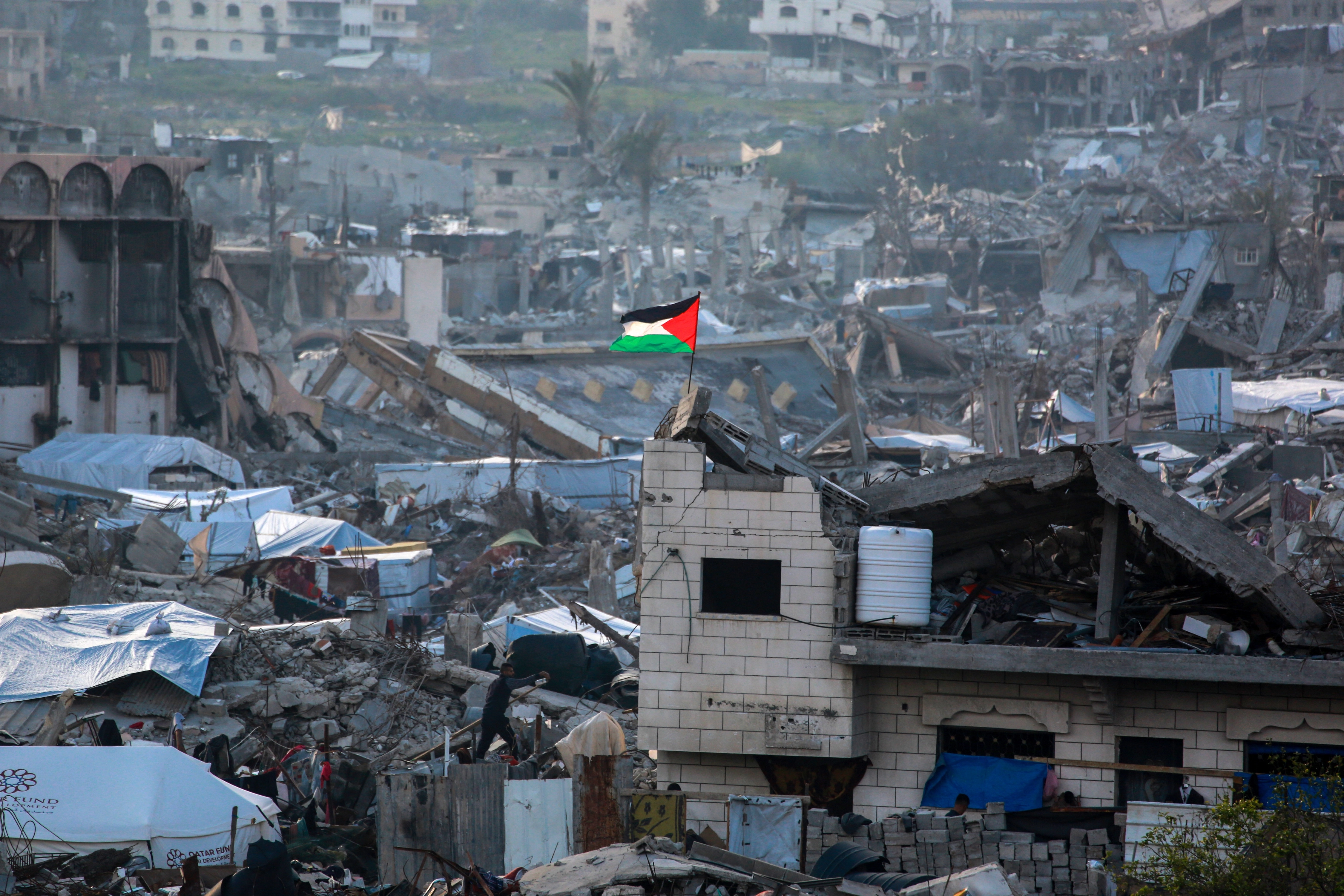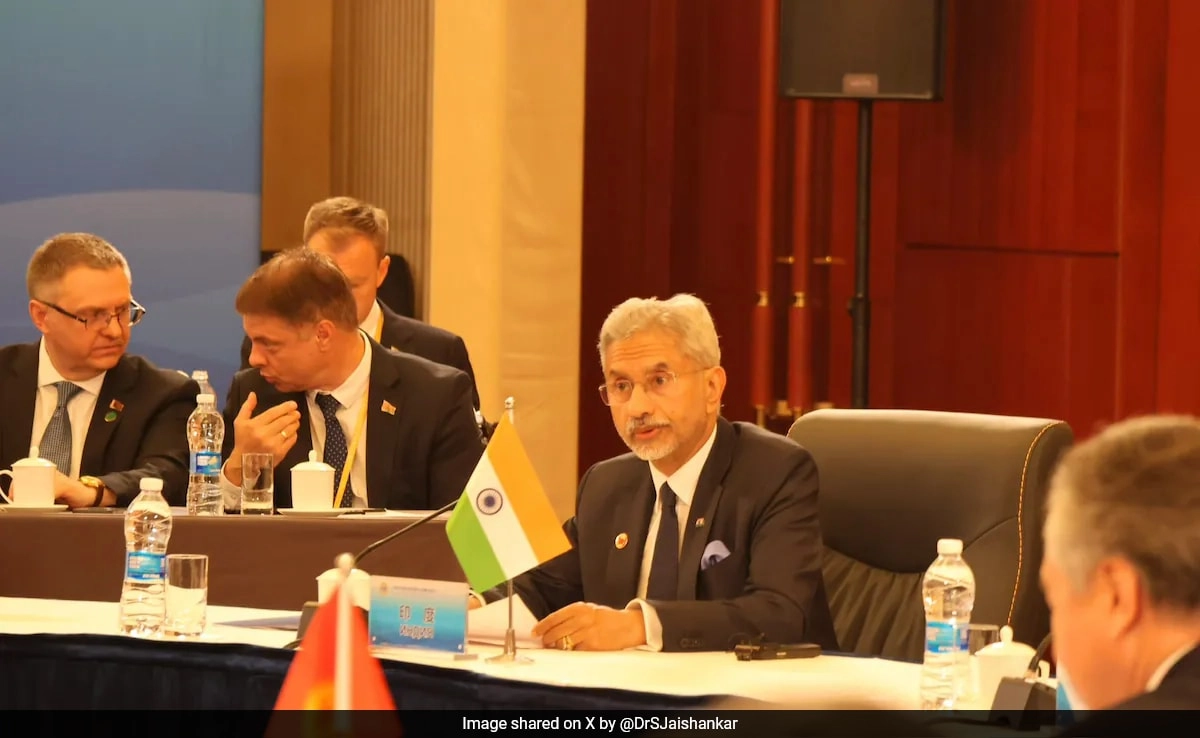The recent attack in Pahalgam, which has heightened tensions in the region, comes just days after a provocative statement made by the Chief of the Pakistan Army, General Syed Asim Munir. His remarks, describing Kashmir as Pakistan’s “jugular vein,” have reignited discussions about the longstanding conflict between India and Pakistan over this contested territory. This phrase has historically been used to emphasize the significance of Kashmir to Pakistan, suggesting that the region is vital to its national identity and security. The timing of the attack, occurring shortly after such an incendiary comment, raises concerns about the implications for stability in Kashmir and the potential for escalated violence.
The Pahalgam incident has drawn international attention, with various stakeholders expressing alarm over the deteriorating security situation in the region. Experts believe that this attack could be a calculated response to the Army Chief’s remarks, aimed at demonstrating defiance against Indian sovereignty claims in Kashmir. The region has been a flashpoint for conflict, with both nations claiming it in full but controlling only parts. The cyclical nature of violence and political rhetoric in this area underscores the fragile peace that exists, often shattered by incidents like the one in Pahalgam.
Moreover, the attack can be viewed within the broader context of Indo-Pak relations, which have been marred by mutual distrust and hostility. The comments from the Pakistani military leadership are likely to resonate with nationalist sentiments within Pakistan, potentially leading to increased support for militant actions in Kashmir. Conversely, the Indian government may feel compelled to respond aggressively, further escalating tensions. As both countries navigate this complex landscape, the international community watches closely, aware that any miscalculation could lead to a significant escalation of conflict in South Asia.
In light of these events, it becomes crucial for diplomatic channels to remain open and for dialogue to be prioritized over military responses. Both nations have a responsibility to their citizens to seek peaceful resolutions to their disputes, particularly in a region as volatile as Kashmir. The Pahalgam attack serves as a stark reminder of the challenges that lie ahead in achieving lasting peace and stability, not just for India and Pakistan, but for the entire region. As the situation unfolds, the world hopes for a de-escalation of tensions and a renewed focus on dialogue to address the underlying issues that have fueled conflict for decades.




